These are general manifestations of numerous medications. Many medications that pets are given have an effect on the brain. Sometimes these are expected outcomes of sedatives and anti-anxiety medications, but at other times it is an unwanted side effects. For example, opioids like morphine, butorphanol, buprenorphine, fentanyl, and tramadol can cause lethargy or even dysphoria. So the pet feels abnormal sensations leading to a state of unease. Certainly, these symptoms vanish over the course of a few days to a week or so as the body gets used to the medication. The commonly prescribed gut-acting antibiotic metronidazole also has an effect on the brain, especially when given at high doses in acute infections or in elderly patients. It can cause abnormal eye movements, weakness, unsteadiness, and seizures.
Herding dog breeds like Collies, Australian Shepherds, Shetland Sheepdogs, English Sheepdogs, and related breeds have a gene mutation that makes them especially sensitive to macrocyclic lactones like ivermectin or moxidectin, which are the most common drugs to kill parasites. Symptoms of toxicity include dilated pupils, unsteadiness, mental dullness, drooping of saliva, vomiting, blindness, tremors, seizures, shock, coma, and death. However, the dose of ivermectin or moxidectin in heartworm prophylactic medications is so low that it is safe for use almost in any breed of dog.
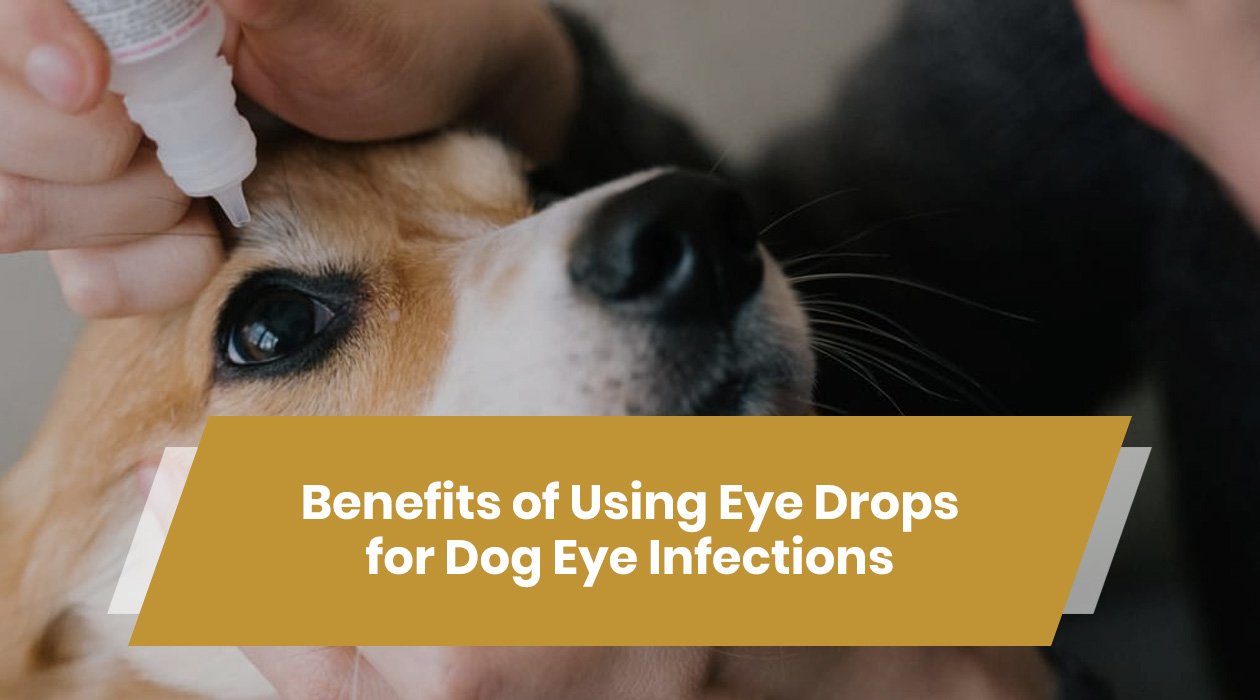
 Australian Shepherd
Australian Shepherd Beagle
Beagle Belgium Shepherd
Belgium Shepherd Bernese Mountain Dog
Bernese Mountain Dog Border Collie
Border Collie Boxer
Boxer Bulldog
Bulldog Cavalier King Charles Spaniel
Cavalier King Charles Spaniel Chihuahua
Chihuahua Cocker Spaniel
Cocker Spaniel Dachshund
Dachshund Doberman Pinscher
Doberman Pinscher Dogo Argentino
Dogo Argentino French Bulldog
French Bulldog German Shepherd
German Shepherd Golden Retriever
Golden Retriever Great Dane
Great Dane Himalayan Shepherd
Himalayan Shepherd Indie Dogs
Indie Dogs Labrador Retriever
Labrador Retriever Pakistani Bully
Pakistani Bully Pembroke Welsh Corgi
Pembroke Welsh Corgi Pitbull
Pitbull Pomeranian
Pomeranian Poodle
Poodle Pug
Pug Rottweiler
Rottweiler Shih Tzu
Shih Tzu Siberian Husky
Siberian Husky Yorkshire Terrier
Yorkshire Terrier Australian Shepherd
Australian Shepherd Beagle
Beagle Belgium Shepherd
Belgium Shepherd Bernese Mountain Dog
Bernese Mountain Dog Border Collie
Border Collie Boxer
Boxer Bulldog
Bulldog Cavalier King Charles Spaniel
Cavalier King Charles Spaniel Chihuahua
Chihuahua Cocker Spaniel
Cocker Spaniel Dachshund
Dachshund Doberman Pinscher
Doberman Pinscher Dogo Argentino
Dogo Argentino French Bulldog
French Bulldog German Shepherd
German Shepherd Golden Retriever
Golden Retriever Great Dane
Great Dane Himalayan Shepherd
Himalayan Shepherd Indie Dogs
Indie Dogs Labrador Retriever
Labrador Retriever Pakistani Bully
Pakistani Bully Pembroke Welsh Corgi
Pembroke Welsh Corgi Pitbull
Pitbull Pomeranian
Pomeranian Poodle
Poodle Pug
Pug Rottweiler
Rottweiler Shih Tzu
Shih Tzu Siberian Husky
Siberian Husky Yorkshire Terrier
Yorkshire Terrier Abyssinian
Abyssinian American Bobtail
American Bobtail American Shorthair
American Shorthair Balinese Cat
Balinese Cat Bengal Cat
Bengal Cat Birman
Birman Bombay Cat
Bombay Cat British Longhair
British Longhair British Shorthair
British Shorthair Burmese Cat
Burmese Cat Devon Rex
Devon Rex Exotic Shorthair
Exotic Shorthair Himalayan Cat
Himalayan Cat Maine Coon
Maine Coon Oriental Shorthair
Oriental Shorthair Persian Cats
Persian Cats Ragdoll
Ragdoll Scottish Fold
Scottish Fold Siamese Cat
Siamese Cat Siberian Cat
Siberian Cat Sphynx Cat
Sphynx Cat



















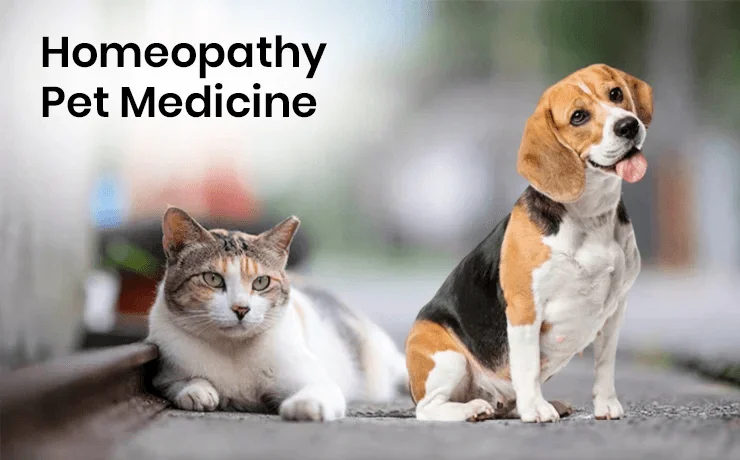


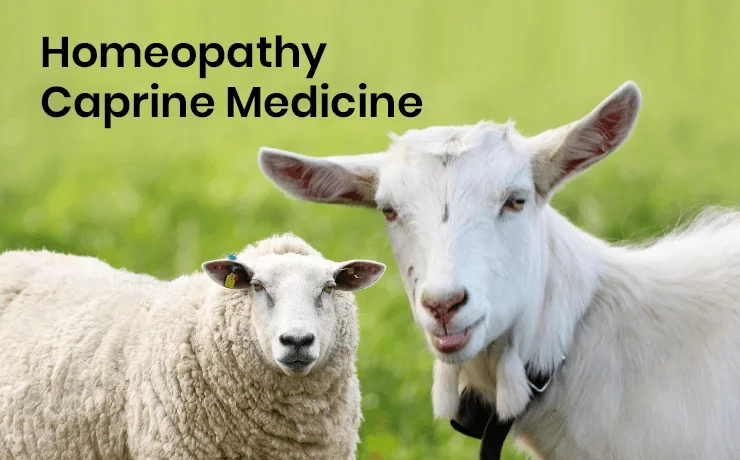
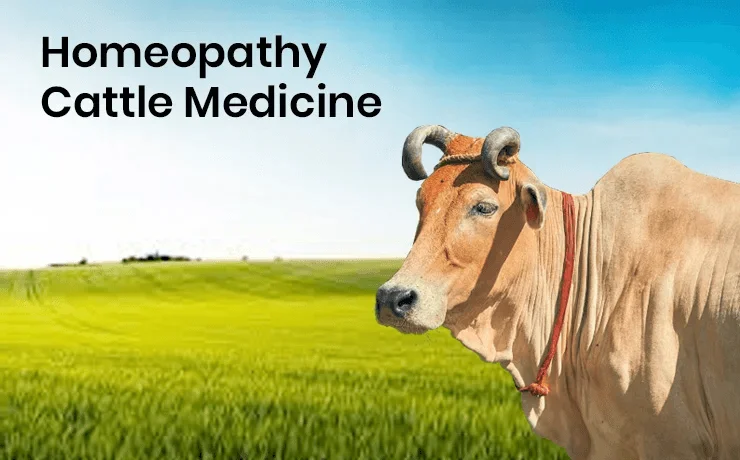





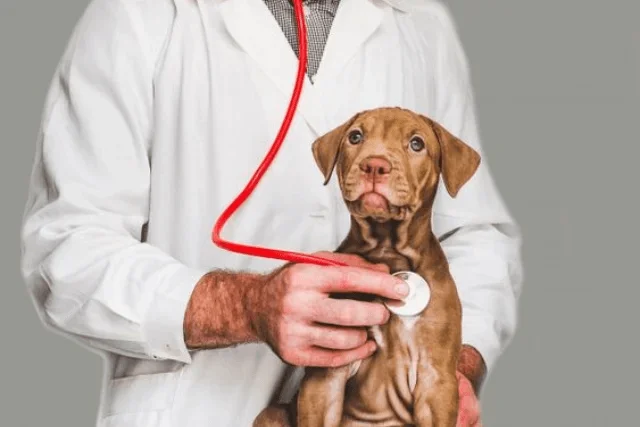




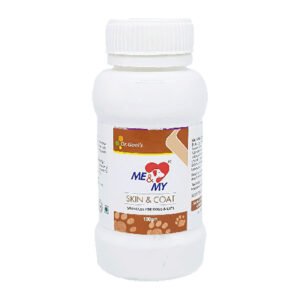

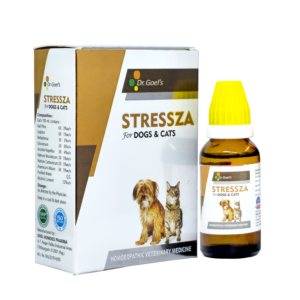



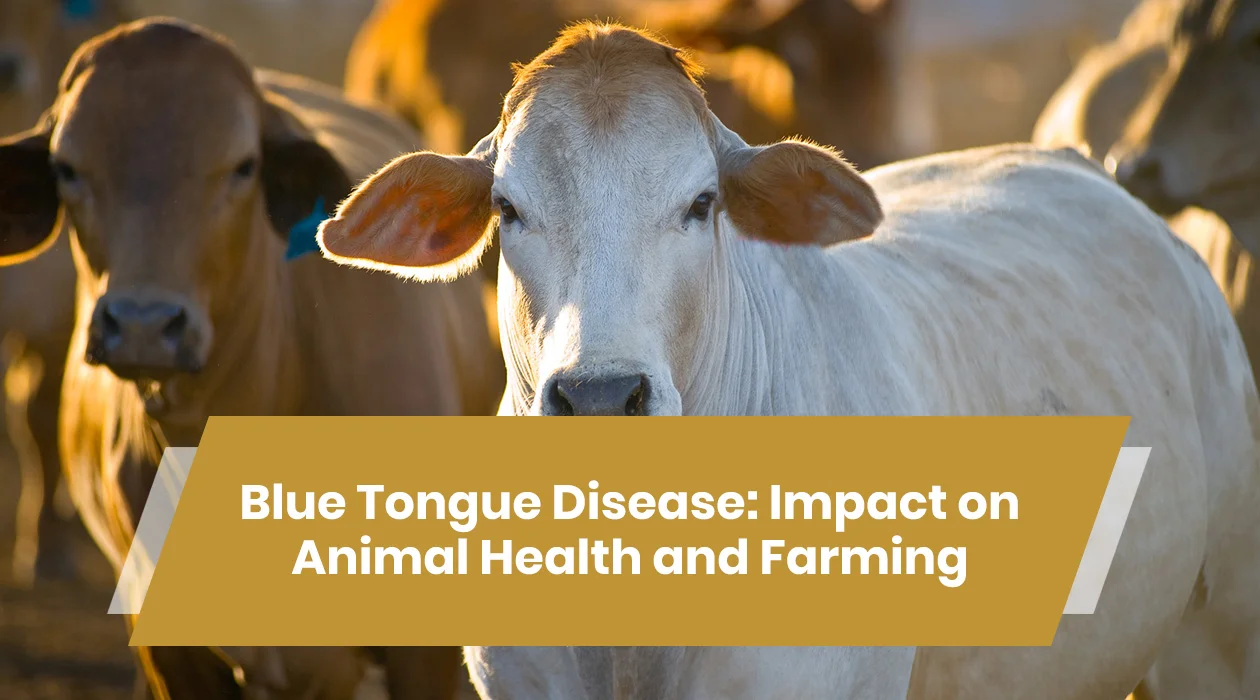
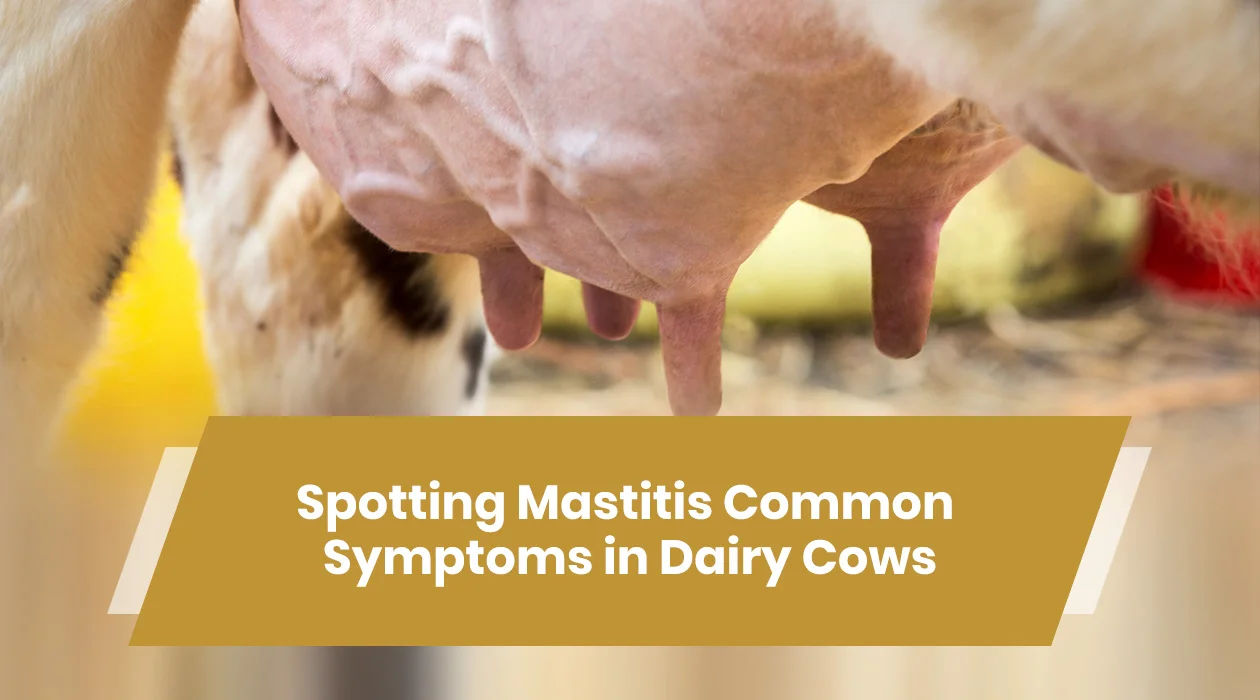
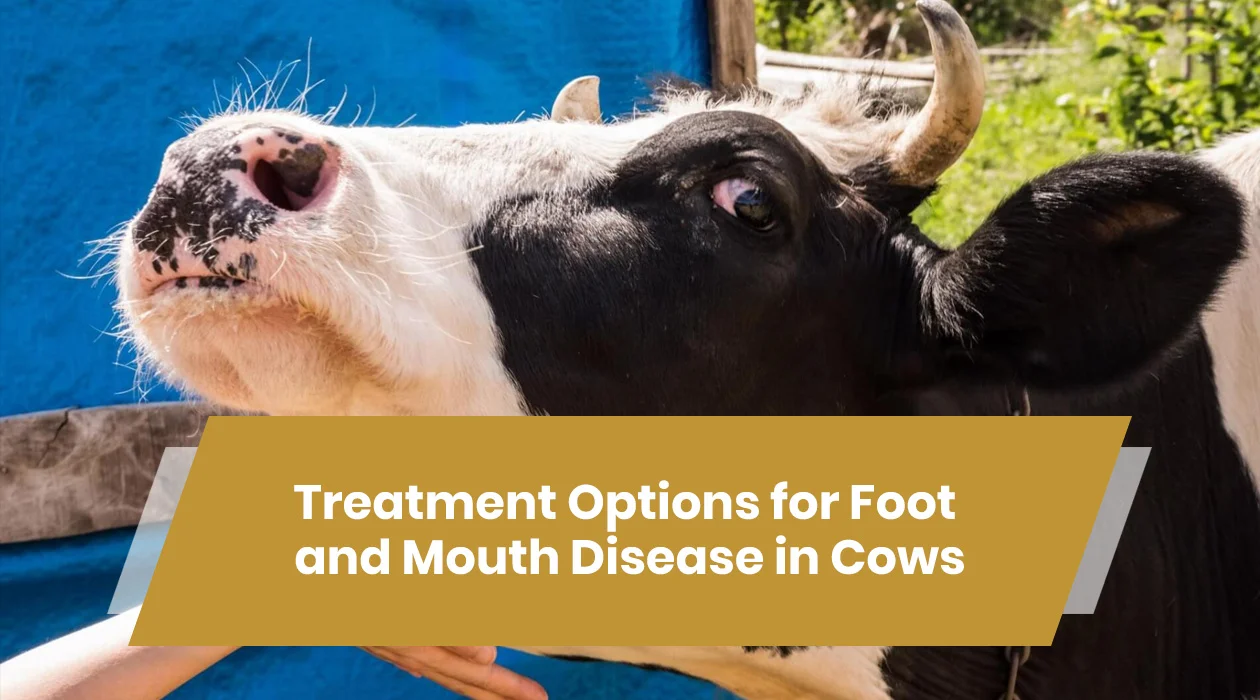

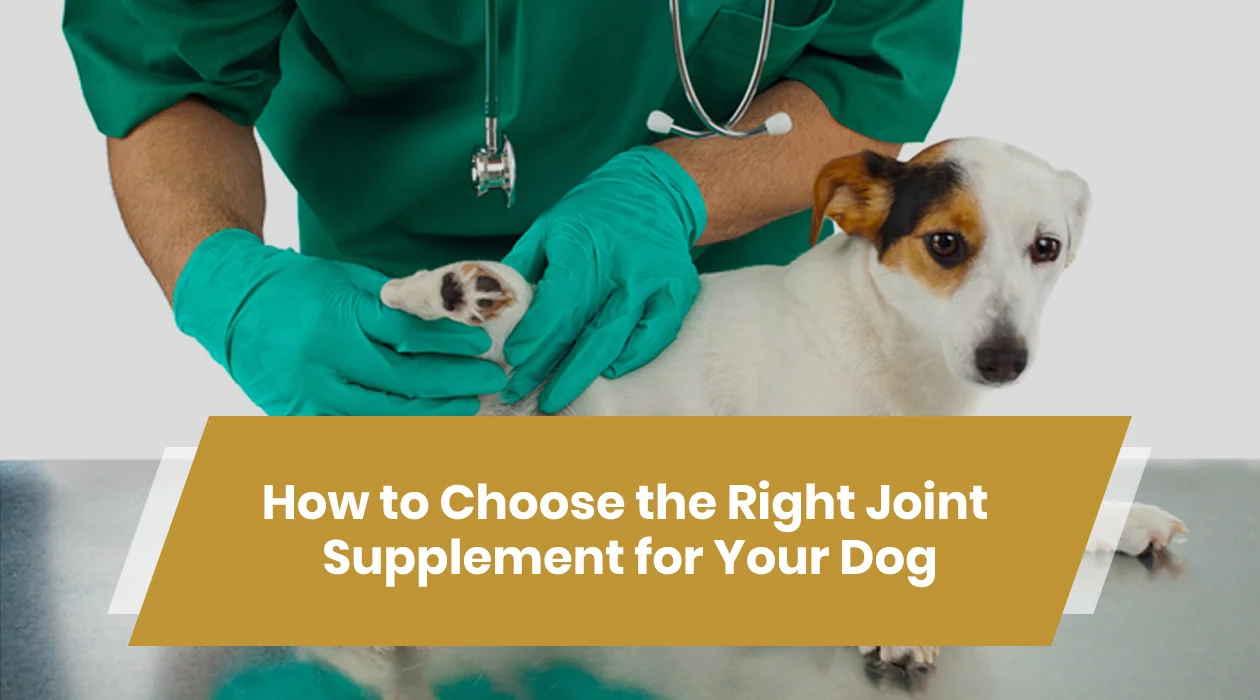




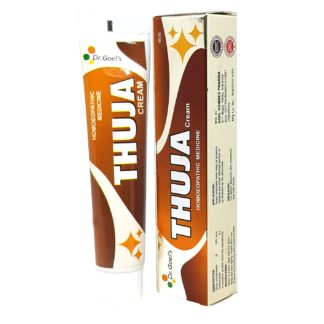
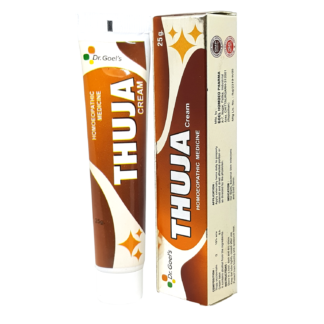

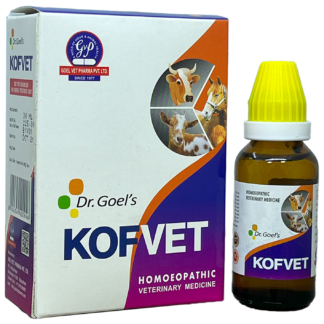
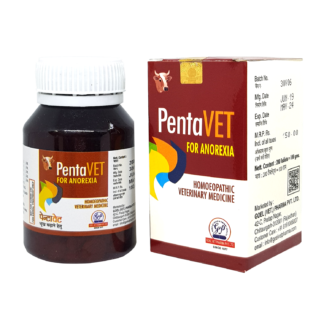
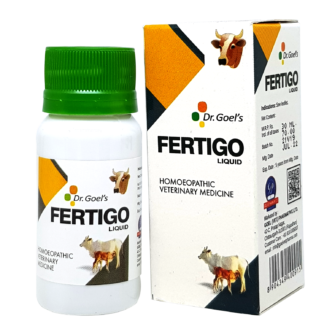
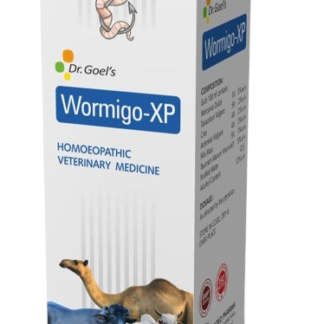




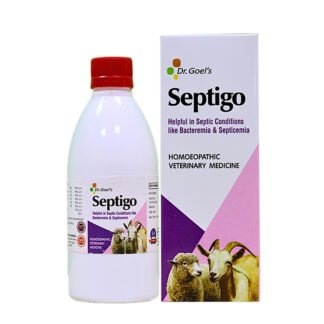


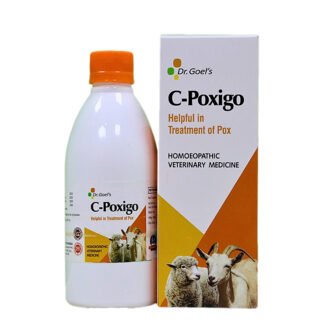
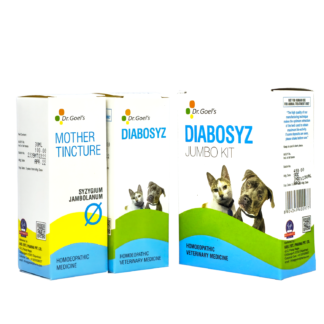
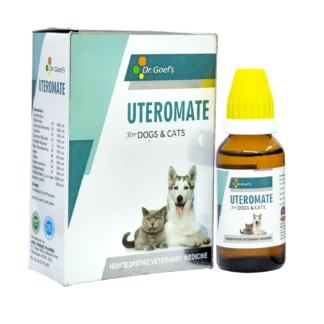
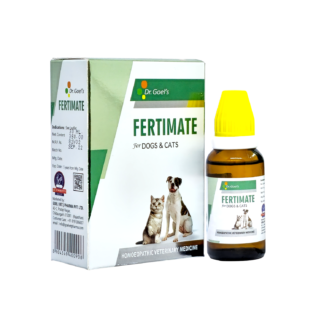
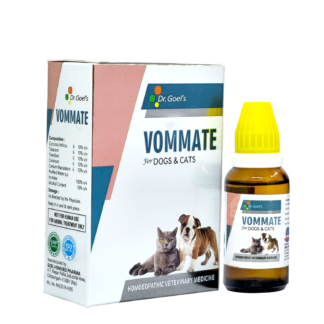
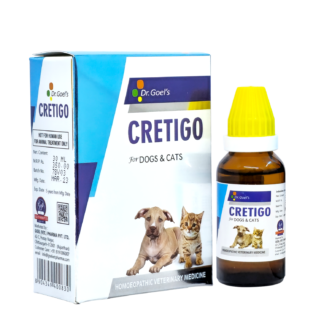
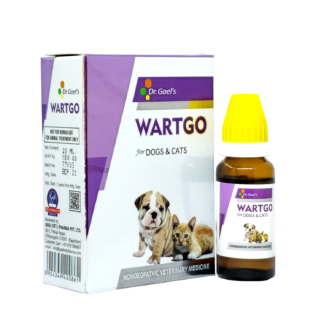

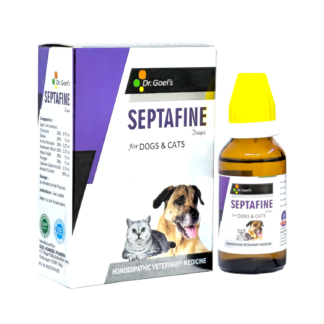

3 thoughts on “Don’t Fool Yourself- These Side Effects Can Be Harmful For Your Pets”
[…] When considering whether or not to give a pet medication, we must consider if the benefits outweigh the hazards. Why do we behave in this manner? Because, while we prefer to focus on the benefits of pharmaceuticals, every medication has the potential to induce unpleasant side effects. A responsible pet parent’s concern is to understand the potential adverse effects of such pet drugs and what to do if they occur. In this article, we will uncover what are the side effects of antibiotics in dogs. […]
Accute diahrea 2years,no vomiting,per day 3to 5 times loose motion..
Please use Diafine for pets for all sorts of diarrhoea in pets.